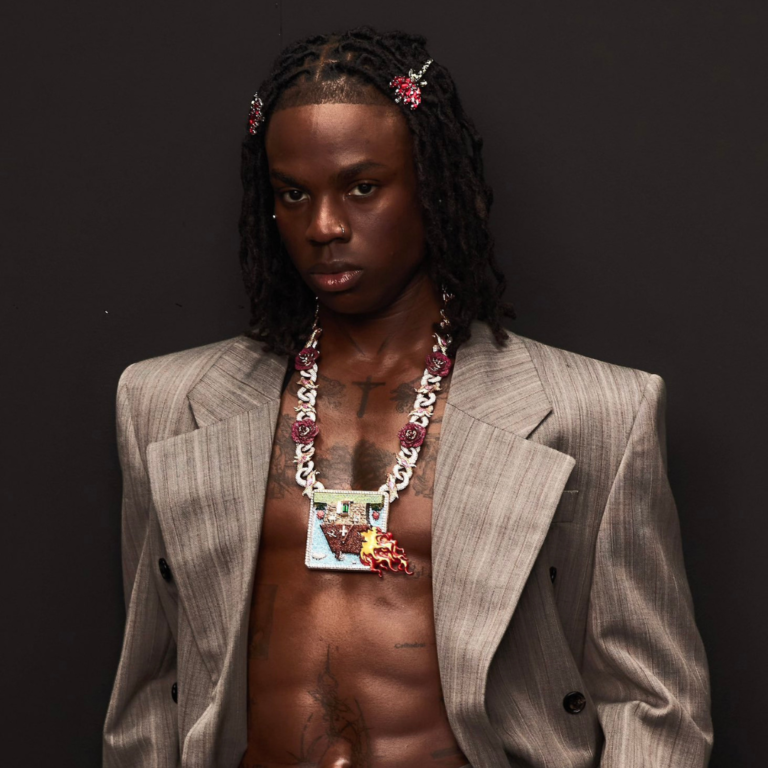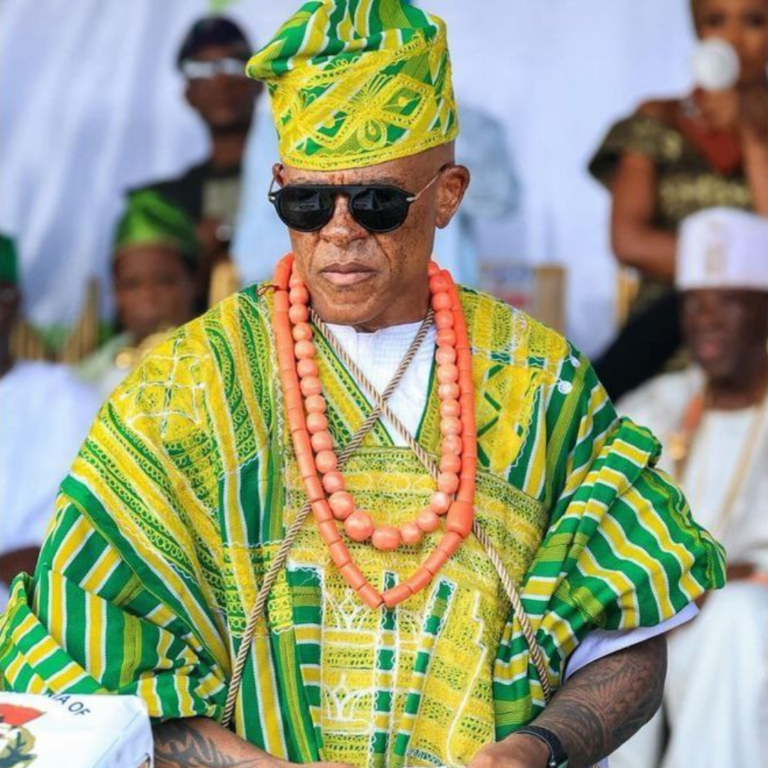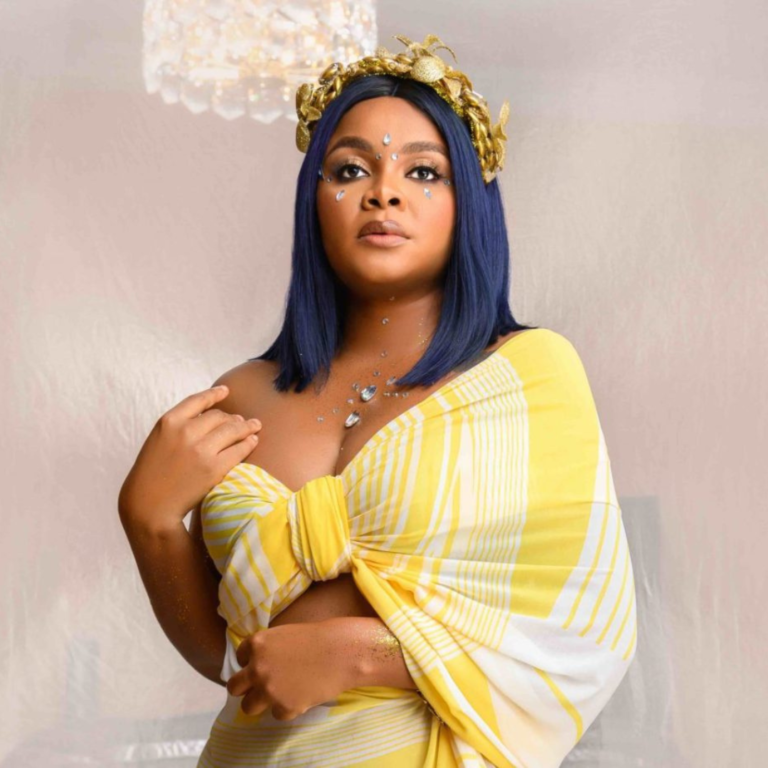It’s been an interesting week for Afrobeats. Fireboy takes off his Afrobeats ID card, Tems’ Love Me Jeje samples Seyi Sodimu’s 1997 song of the same title, and Afrobeats can’t agree on its most significant music producer.
This piece reviews these news with broad nuances and disparate perspectives.
This is Afro-confusion
One day at a time, Nigerian artists reject the Afrobeats tag, dumping it for their coinages. Burna Boy, Wizkid, Fireboy DML and Davido have all ditched it for tags like Afrofusion, Afro-Life, etc.
On the surface, the artists are trying to break away from a general tag that doesn’t adequately represent their art. Critically, it’s an identity crisis to some listeners.
To me, though, this denouncement of Afrobeats is a new tool the artists use to capture the public’s anticipation and attention for upcoming projects. Burna Boy dismissed Afrobeats during the media promo run for his “I Told Them…” album. Wizkid took to his Instagram stories to clamp down on the genre while he teased the new album title, “Morayo”. Conveniently for Fireboy DML, in the middle of his latest single release, he proclaims he doesn’t make Afrobeats records. It’s just his Yoruba H-factor and Nigerian roots that classify him as one. His older albums don’t align with his new stance, but hopefully, the forthcoming body of work will offer something relatively new we haven’t heard before.
These new fusions are easy to whip up and claim, but everyone forgets that “Afrobeats” is a fusion. Its music blended in Afrobeat, Hip-Hop, R&B, Dancehall and other African traditional rhythms. You can’t make a fusion of a fusion.
Also, artists calling their sound one thing or the other isn’t new in Nigerian music. Sir Shina Peters distinguished his brand of Juju music as “Afro-juju”. Late Fuji maestro Ayinde Barrister once labelled his sound “Fuji Garbage”. Haruna Ishola made Apala music but he made “Soyoyo” — a style his son Musiliu Haruna Ishola inherited and panned into a titular album.
If tomorrow comes and another Nigerian music star drops Afrobeats for another Afro-buzzword, be assured the rollout machines are rolling again. Though the damage from this misrepresentation is a conversation for another day, these personal claims over music sound tags aren’t charming. If Afrobeats enthusiasts and listeners want a topic to have a village-square discussion about, it should be how the overstretched loop of Amapiano is turning into a curse and why the mainstream hasn’t delivered any music that knocks the shit out of the water this year.
All power to Don Jazzy.
It’s also clear that we need to restart and conclude the conversation about the greatest Afrobeats producer.
No disrespect to the names that have come up in this conversation; only one person really qualifies. He is Don Jazzy. Hits, commercial success, cultural impact, longevity and catalogue have comfortably placed Don Jazzy higher. Before the emergence of “Afrobeats”, Don Jazzy had already made hits for JJC and his defunct 419 Squad in the U.K.
When he stepped into Nigeria to pursue music two decades ago, it marked the start of a new era in the Nigerian contemporary music landscape —the revolutionary 12-year run of Mo’Hits Records that gave us D’Banj’s first three albums, Wande Coal’s iconic “Mushin 2 MoHit” and successful debuts from D’Prince, Dr Sid, Tiwa Savage and Reekado Banks.
Aside from competing with some of the hottest music producers, Don Jazzy’s CV includes Oliver Twist, one of the most essential songs in Afrobeats’ exportation. He built Mavin Records and created new global stars like Rema and Arya Starr. Although Jazzy has become less active in the production scene, and his music executive and social media influencer brand might have overshadowed his Afrobeats’ presence, he’s still the greatest since 2000.
Tems, Seyi Sodimu and “Love Me Jeje”
Seyi Sodimu’s hit Love Me Jeje (1997) isn’t recognised as the start of Afrobeats. However, there can be an argument that it’s more original than Shakomo, which borrowed the instrumental of MC Lyte’s Keep On Keeping On. 27 years later, Love Me Jeje, a nice gift from a cool, distant Uncle Seyi staying abroad, is reimagined by 28-year-old Grammy-winning Tems on a song of the same name. This Seyi Sodimu’s classic has just given birth to a modern love record for Gen-Z romantics.
The reaction trailing the song since Tems first performed it on Coachella’s stage last week and its actual release is an all-pointer to the fact that Tems has another charts-climber on her hand. Seyi Sodimu’s version leans on Juju elements, while Tems’ has Highlife influences. I wonder how trippy it must be for millennials who have witnessed these two eras.




